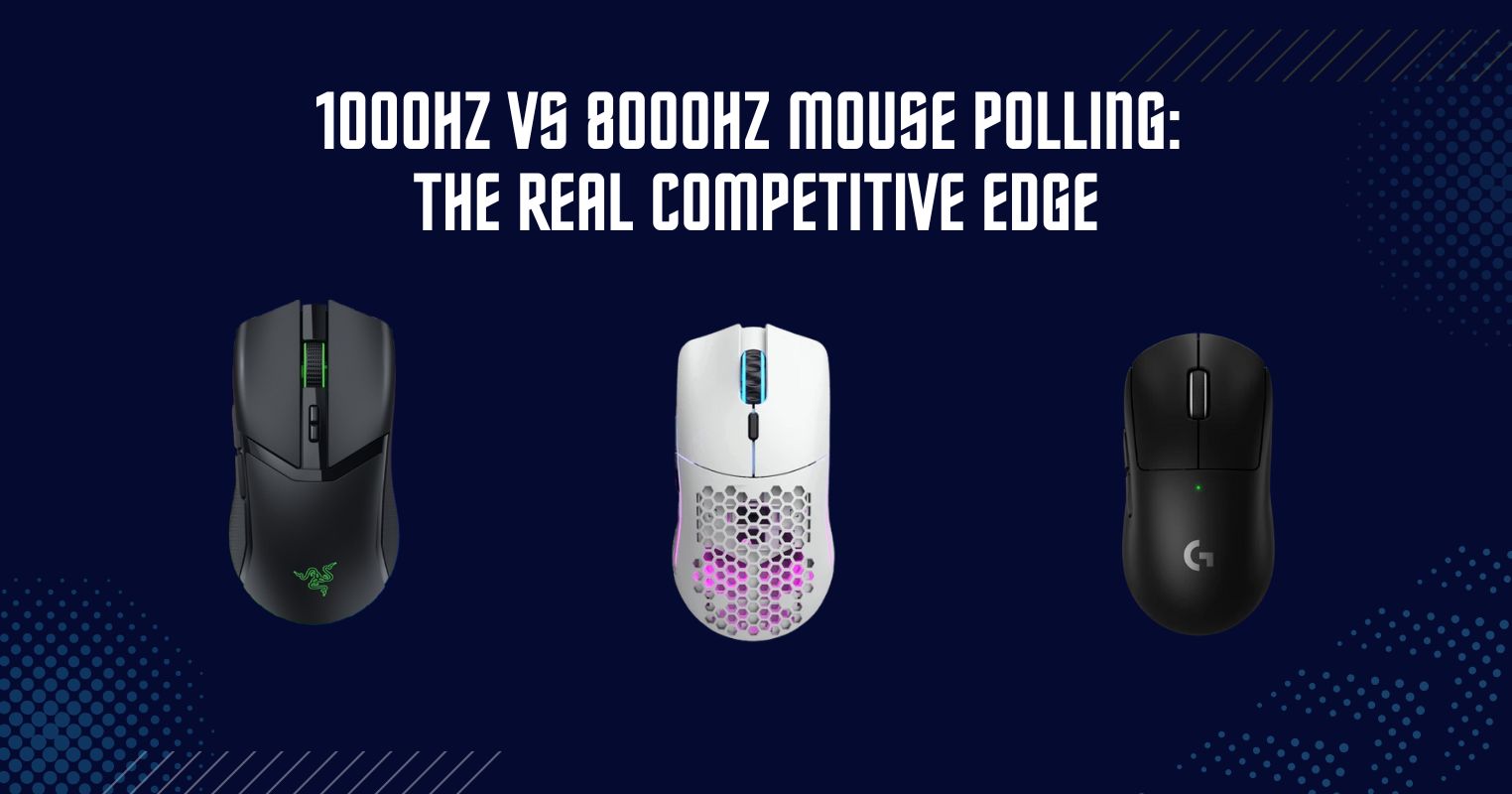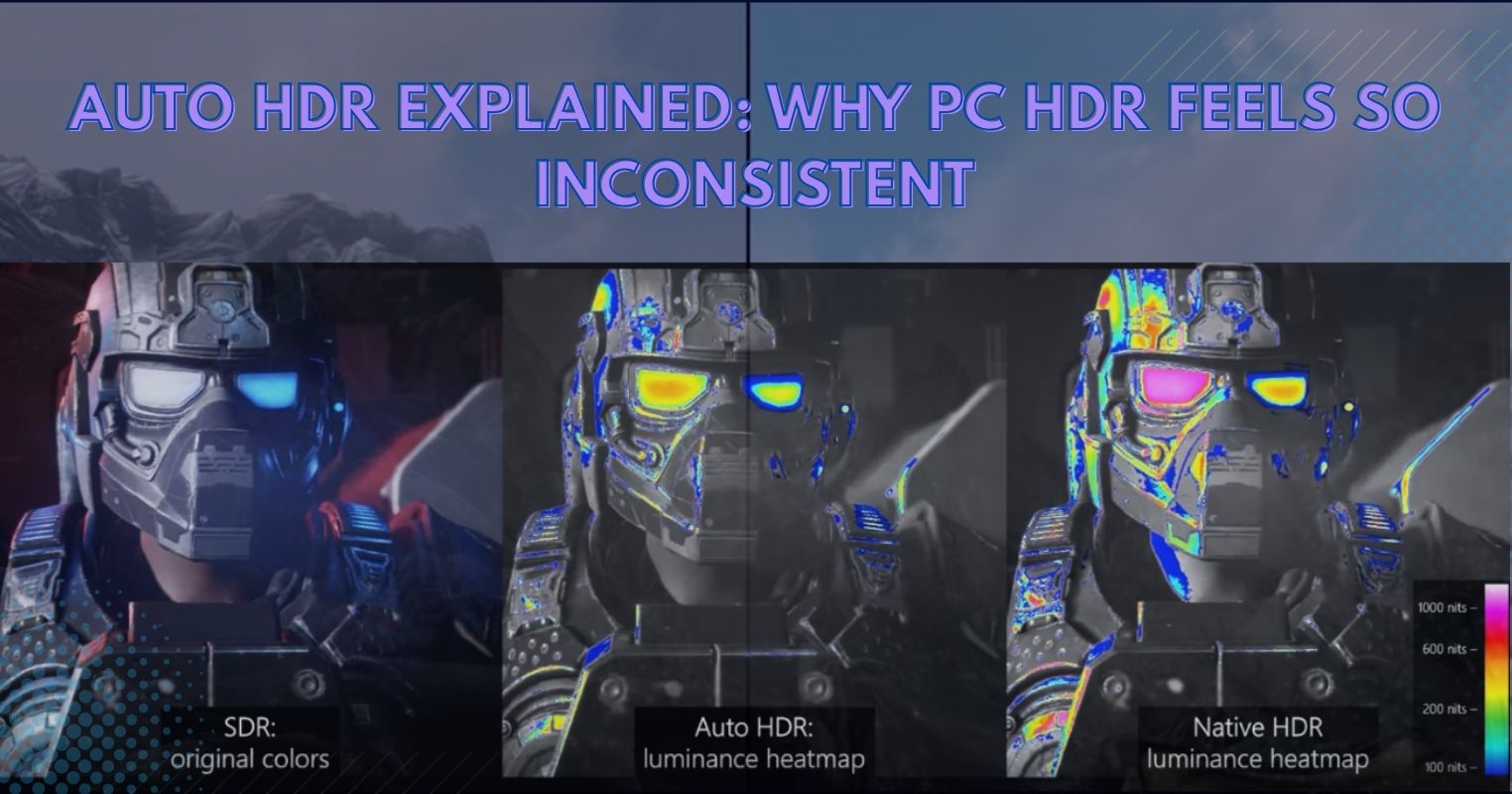- Ultra-light mice reduce wrist fatigue, allowing for longer gaming sessions.
- Fast flicks and better tracking give esports players a competitive edge.
- Wireless light mice are now on par with wired ones regarding speed and reliability.
- The market is shifting from flashy designs to practical ones.
For the longest time, gaming mice were all about being flashy. They had more buttons, more weight (thought for stability), and more RGB. But today, if you look at any top-tier esports gamers or streamers’ setups, you will notice a stark difference. Gamers all over are taking to a minimalist trend, mice that seem like they are barely there.
Ultra-light mice, which were once undervalued, are now back in full swing and have become a new standard for FPS gaming. This isn’t just a mere coincidence but is a performance-driven revolution that is changing the way players interact with their digital battlegrounds.
Precision and Performance
The shift towards ultra-light mice isn’t just about providing comfort, though that is a viable factor. At its core, it’s all about reducing fatigue and maximizing precision in repetitive movements done while gaming. Every millisecond counts in first-person shooter games such as Valorant, CS: GO, and Fortnite, where the slightest difference in mouse weight could lead to a win.
Players are constantly making micro-adjustments, flick shots, and long sweeping movements to track targets. A heavier mouse demands more physical effort for these movements, which leads to fatigue in the wrist and forearm. This makes the accuracy and reaction time of players dull.
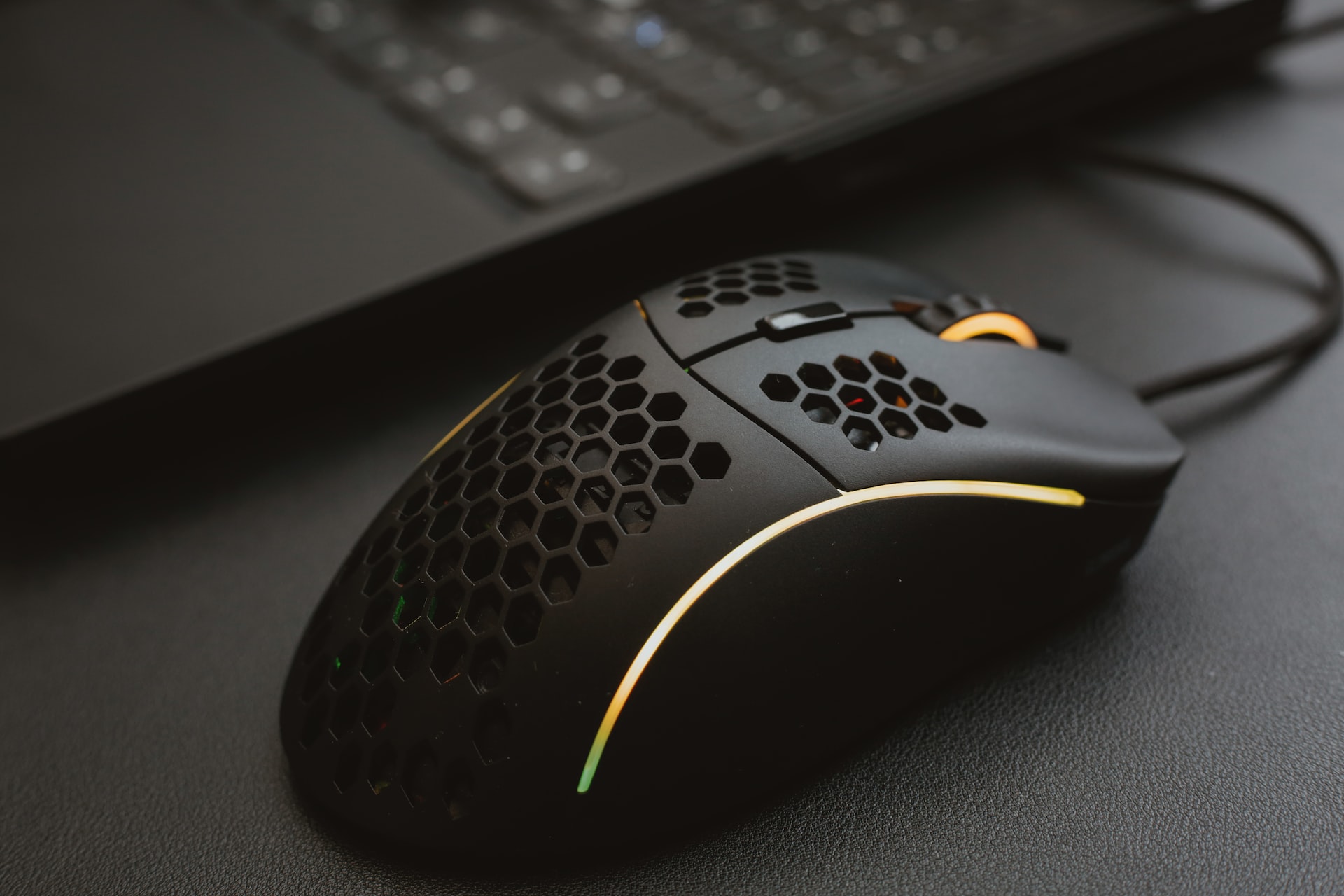
For a long time, players also believed that more weight equalled greater stability. But around 2018, the market started shifting to lighter mice. Companies such as Glorious and Finalmouse released mice under 70 grams in weight using honeycomb shells that reduced the weight significantly.
Gamers were quick to recognize the benefits, and now almost every major peripheral brand, such as Razer, Logitech, HyperX, etc., offers ultralight options, some up to 50 grams in weight.
The Engineering Behind Weight Loss
The earlier generations of these ultra-light mice came with certain trade-offs. They often include weaker builds, fewer buttons, and inevitably fewer features. Today, however, that is no longer the case as technology has advanced significantly.
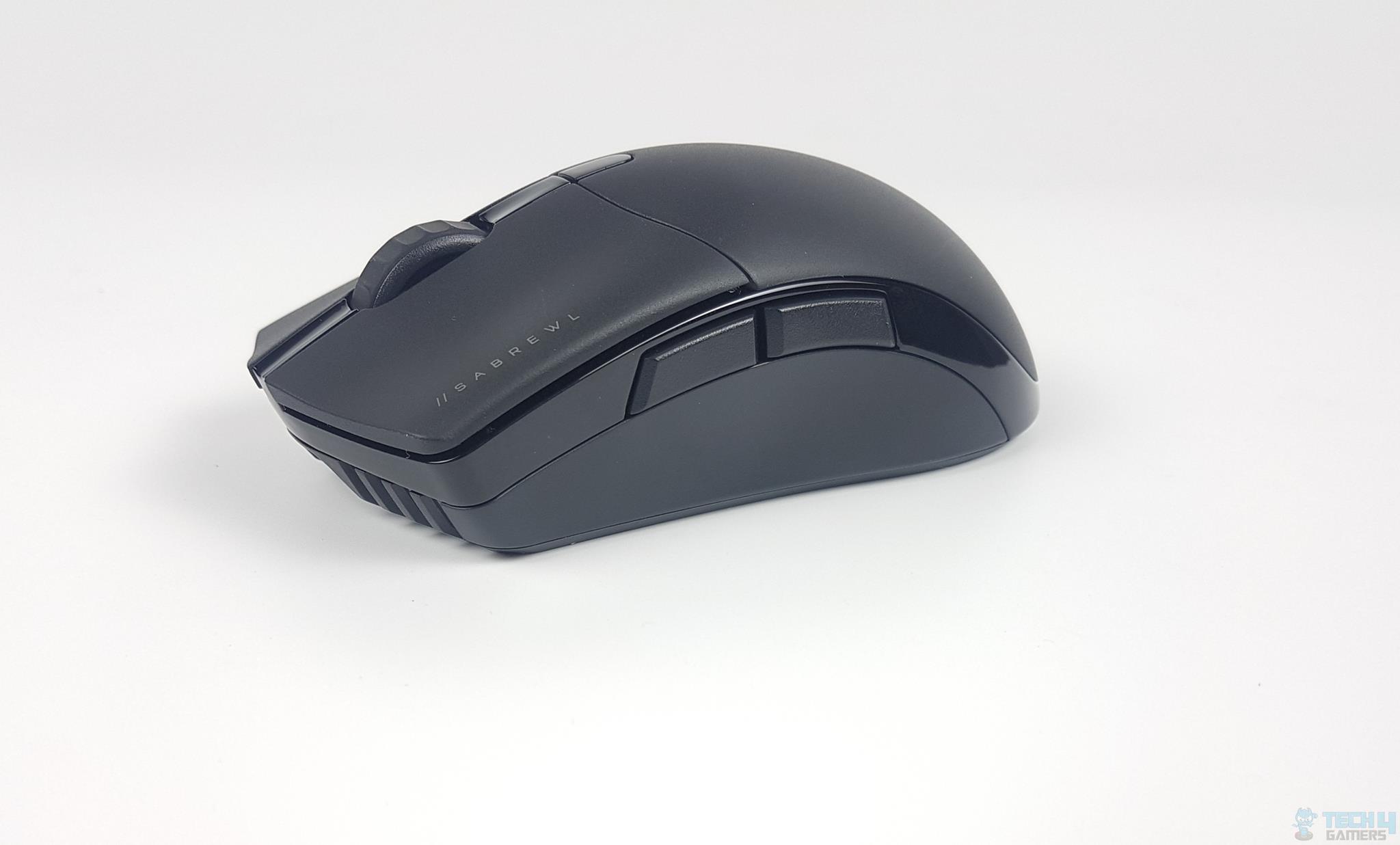
Advancements in sensor technology, lightweight plastics, and high-quality switches have allowed manufacturers to deliver more in a smaller package. What this means is that new lightweight mice do not sacrifice performance for weight savings. Also, wireless mice that were once criticized for their latency are now on par with wired models thanks to low-latency connections, high polling rates, and extended battery lives.
Current Market Trends
Aside from performance metrics, ultra-light mice have become a part of gaming culture. Major Esports gamers and streamers showcase their setups and encourage their audience to try them. They often emphasize the real value of peripheral ergonomics during long gaming sessions.
At the same time, esports tournaments are now dominated by players using models like the Logitech G Pro X Superlight or Razer Viper V2 Pro. The market demand has increased so much that manufacturers are now rushing to design lighter, stronger, and more options for professionals and gamers alike.
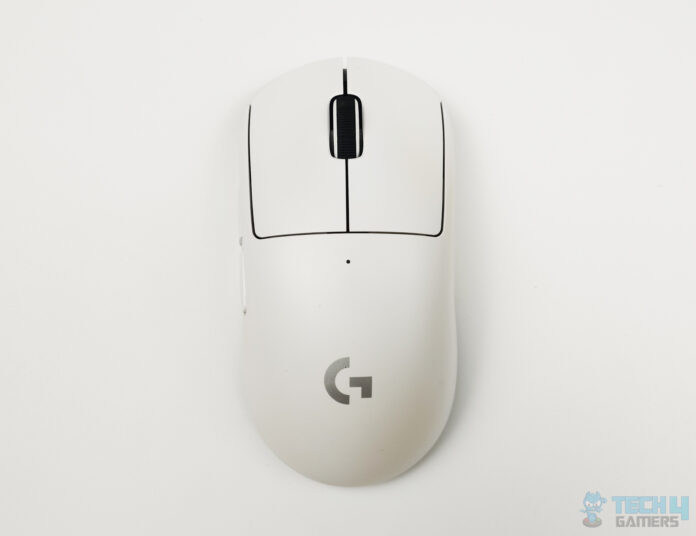
The Future of This Trend
The competitive landscape of FPS games has also played a significant role in spreading this trend. As player skillsets continue to evolve, competitors seek any advantage that they can get. When the margins are super thin and the difference between a win or loss could be a single missed shot, optimizing every last component becomes key.
It’s also important to note that while lightness is key, it is not the only factor. A mouse also needs to have top-tier sensors with high CPI, perfect tracking, low-latency switches, and a design that fits the player’s hand and grip style.
Final Thoughts
The competitive gaming market has always been about precision, speed, and endurance. Ultra-light mice match these demands perfectly, which has led to their widespread adoption. For anyone who is looking to improve their reaction time and accuracy, or just have more comfort, lightweight mice may be the right way to go. Ultra-light is no longer just an option; it is an expectation.
Thank you! Please share your positive feedback. 🔋
How could we improve this post? Please Help us. 😔
[Error Fix Expert]
Hello, I’m Uzair Shabir, a tech enthusiast pursuing a Bachelor’s in Electrical Engineering. At Tech4Gamers, I’m an Error Fix Expert, crafting articles on different issues and how to fix them. With a Google IT Support Certificate, I navigate tech complexities to deliver insightful perspectives.
Get In Touch: UzairShabir@tech4gamers.com



